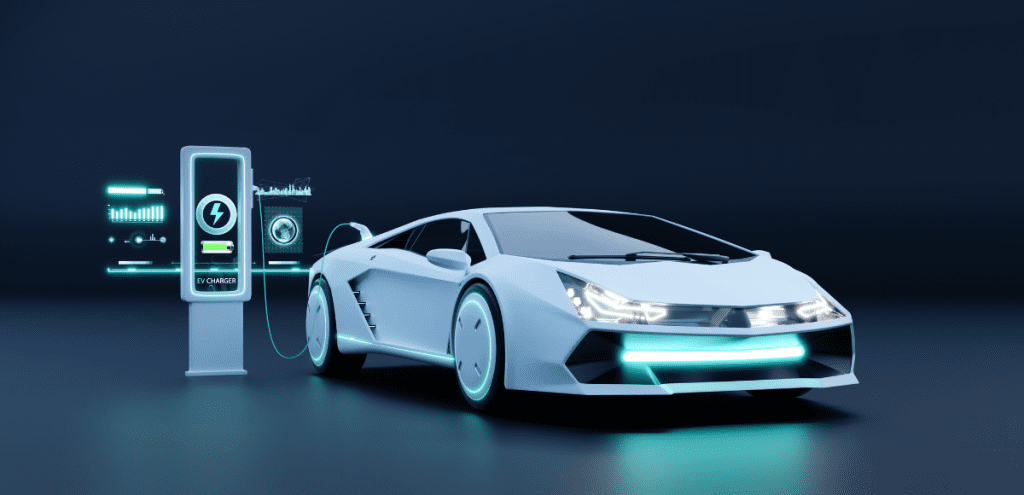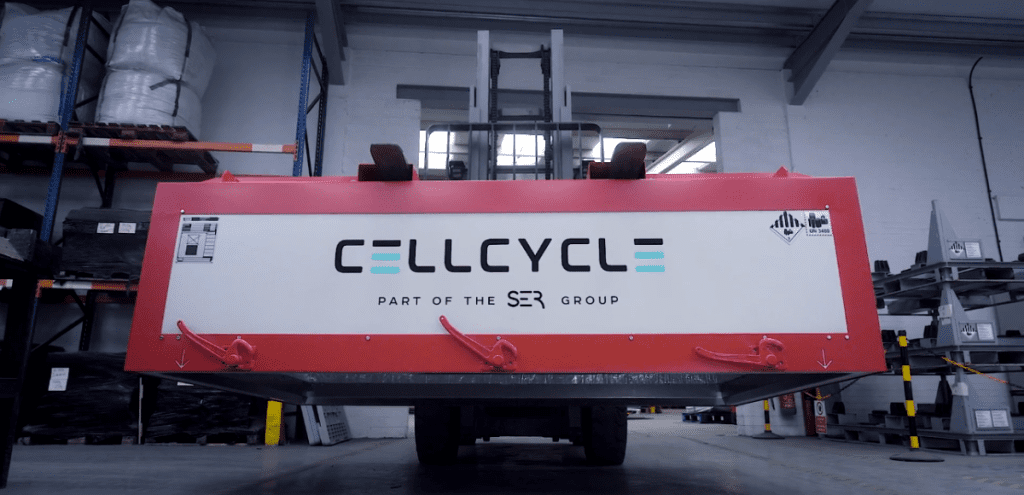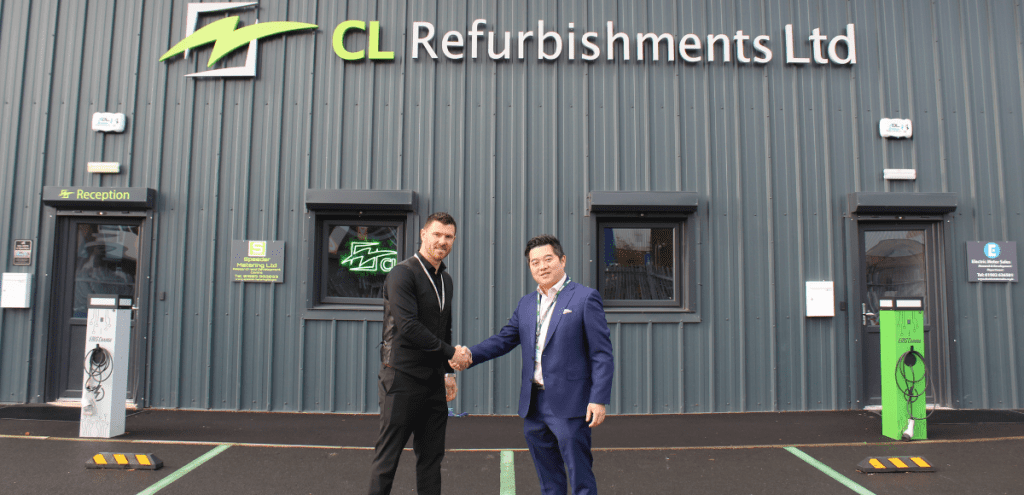The automotive sector stands on the cusp of a revolutionary change, driven by two parallel forces: the advent of fast-charging battery technologies and the rise of recycling innovations. These advancements not only promise to transform the way we think about mobility but also how we approach the sustainability of technology itself.
The Breakthrough in Battery Technology
Recent developments in lithium battery technology have led to the creation of batteries that can charge in under five minutes. This innovation addresses one of the most significant barriers to electric vehicle (EV) adoption: range anxiety. The fear that an EV won’t have enough charge to reach its destination has been a stumbling block for consumers considering the switch from conventional to electric vehicles. The introduction of a lithium battery featuring an indium anode is a game-changer, offering stable performance over thousands of charging cycles while enabling the production of smaller, more cost-effective battery solutions.
This technological leap is not merely a matter of convenience; it represents a significant step towards making EVs more accessible and appealing to a broader audience. By reducing charging times to the equivalent of filling a tank of gas, these fast-charging batteries make the prospect of owning an EV more practical and attractive to everyday users. For more insights into this technological breakthrough, visit the original article.
The Role of Cellcycle Playing In EV Battery Recycling:
Parallel to the advancements in battery technology, recycling innovations, particularly in the lithium-ion sector, are making waves within the automotive industry. Cellcycle, one of the leaders in lithium-ion battery recycling industry, ensuring that the materials used in batteries are responsibly reused and repurposed. This focus on sustainability is crucial, as it addresses the environmental concerns associated with the disposal of battery materials and the extraction of new resources.
Cellcycle’s efforts in the automotive sector highlight the growing importance of circular economy principles in the transition to electric mobility. By recycling battery materials, Cellcycle not only reduce waste and the demand for raw materials but also support the industry’s supply chain. This approach helps mitigate the environmental impact of EVs and supports the integration of new battery technologies, ensuring that the shift towards electric vehicles is both sustainable and responsible. Click here to find out
A Greener Future for Automotive Sector
The symbiosis between fast-charging battery technologies and battery recycling signifies a promising trend for the future of transportation. As we move towards wider adoption of EVs, the collaboration between sectors to improve charging infrastructure and sustainability practices becomes increasingly vital. These advancements suggest a future where EVs are not only more accessible but also part of a larger, more sustainable ecosystem that includes responsible production, usage, and recycling processes.
The automotive industry’s journey towards electrification and sustainability is filled with challenges, but the combined efforts in fast-charging technology and recycling innovations offer a glimpse into a greener, more efficient future. As we continue to navigate the complexities of this transition, it’s clear that the path forward is one paved with innovation, collaboration, and a steadfast commitment to environmental stewardship.
In conclusion, the fusion of rapid-charging battery technologies with recycling innovations marks a pivotal shift in the automotive industry, steering it towards a sustainable future where EVs are both more accessible and environmentally friendly. The advent of lithium batteries capable of charging in under five minutes tackles the critical concern of range anxiety, making EVs appealing to a broader audience. Meanwhile, the recycling efforts by Cellcycle highlight a commitment to environmental sustainability and circular economy principles. These developments not only promise to reduce the ecological footprint of transportation but also reflect the industry’s dedication to innovation and responsible stewardship. As we advance, this dual focus on improving battery technology and recycling processes heralds a greener, more efficient era for mobility, emphasising a cleaner and more sustainable approach to meeting the world’s transportation needs.


